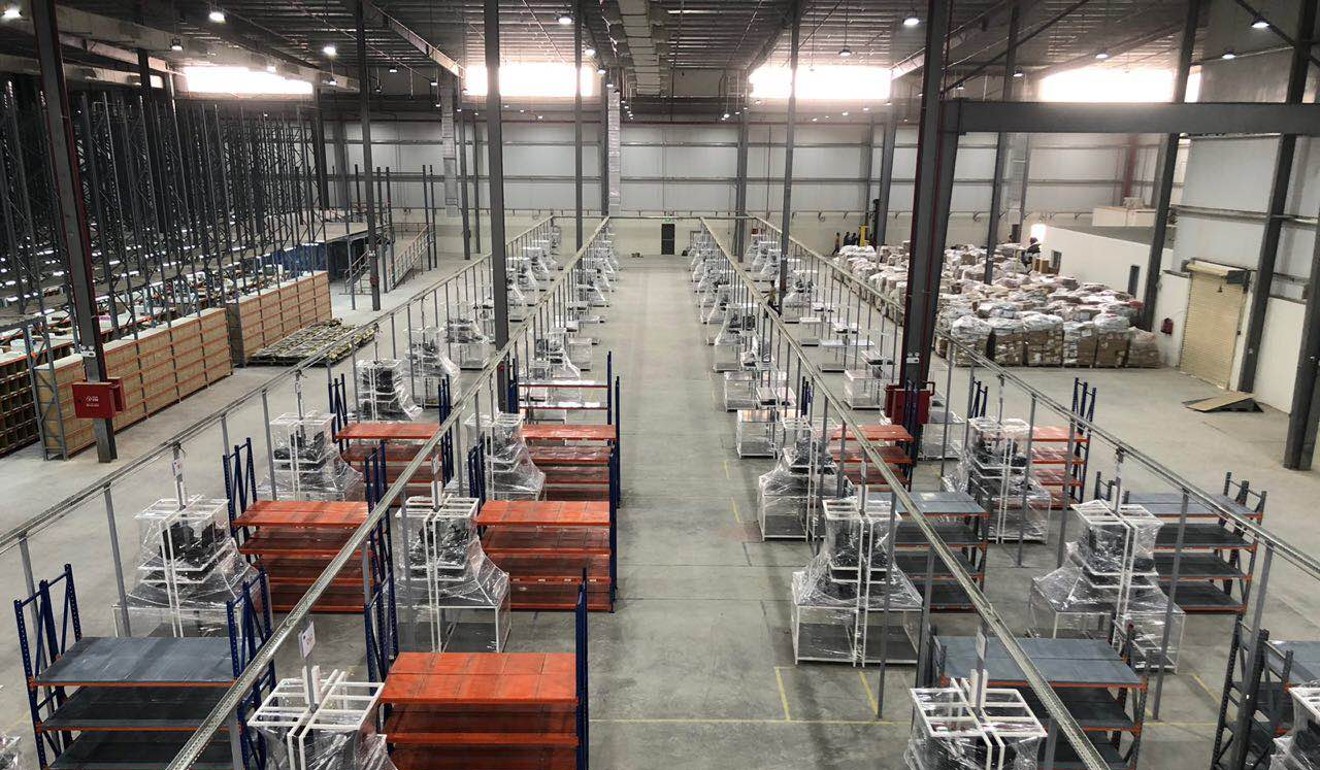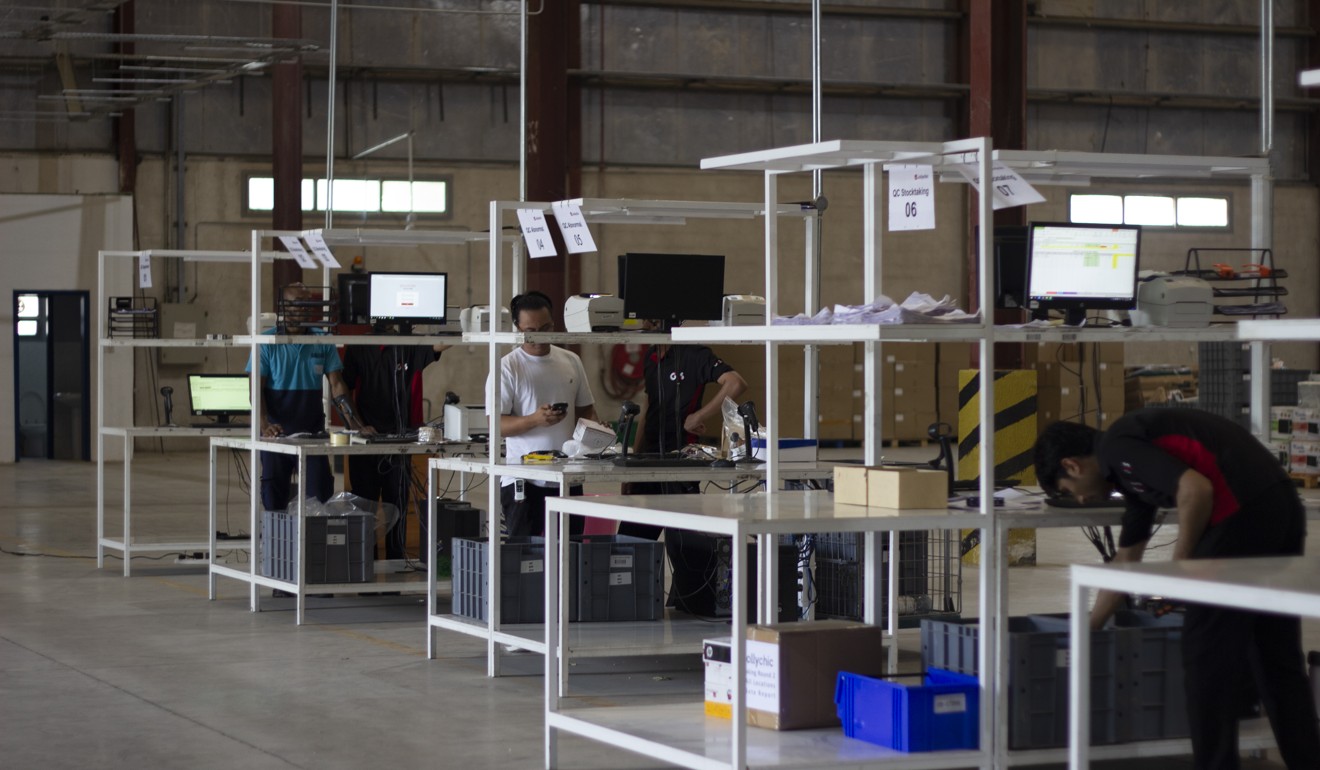
How Chinese e-commerce unicorn Jollychic plans to defend its turf in the Middle East
- Chinese e-commerce company Jollychic is looking towards digital payment and other life services as the growth of its Middle East consumer goods business cools
- Since its founding in 2012, Jollychic has grown rapidly to become one of the top e-commerce sites in the Middle East in terms of users
Jollychic, a Chinese e-commerce start-up that has become one of the top players in the Middle East market, plans to replicate China’s all-encompassing online ecosystem in the region, as competition from international and local players heats up.
Founded in 2012 by entrepreneur Aaron Li Haiyan, Jollychic currently has 50 million users, up from 35 million at the end of 2017, with the majority in the Gulf Cooperation Council countries such as Saudi Arabia.
Li, 37, decided to enter the Middle East after analysing and examining over 50 overseas markets and found it the most attractive in terms of growth potential.
Jollychic has recently begun branching out to digital payments and other life services as the growth of its e-commerce business slows. JollyPay, the digital payment platform it developed in 2017, received a license to operate in United Arab Emirates (UAE) on Thursday, according to the company.
Jollychic is seeking to build an ecosystem in the Middle East that covers “not just online shopping but also things like on-demand food delivery, online travel and transportation booking,” said vice-president Dennis Du Minghao in a phone interview with the Post.
“China already enjoys the bonus of a cashless society – grandma pays online in a wet market, people paying for dinner on mobile, that’s the ecosystem. You get everything online with a super app. That is our vision,” said Du, a former diplomat who was once an Arabic interpreter for state officials.
Jollychic is headquartered in the eastern Chinese city of Hangzhou. With 2,000 employees, it owns two warehouses in Saudi Arabia and UAE, a customer service centre in Jordan, and a distribution centre in Bahrain.
The shopping site operator achieved a valuation of US$1 billion after raising hundreds of millions of dollars in series C funding in May 2018 from venture capital firms led by Sequoia Capital.
Jollychic ranked the fourth most popular e-commerce app in Saudi Arabia by average daily active users from January to April this year, according to data from app analytics firm App Annie.
Online sales account for less than 5 per cent of total retail sales among the Gulf countries, compared with 14 per cent in China and 12 per cent in the US.
However, the Middle East is rapidly closing the gap with more advanced online commerce markets in China and the US. Online shopping in the Middle East and North Africa region has grown 25 per cent annually since 2014 to reach US$8.3 billion in 2017, according to a February report by global consultancy Bain & Company.

“Jollychic entered the Saudi market at a perfect time … for a long time it had little competition,” according to Li Jianggan, chief executive of Momentum Works, a Singapore-based consulting and investment firm focused on start-ups in emerging markets.
Its China-based supply chain has also given it an edge in providing a greater variety of goods at cheaper prices, he said.
But more competitors are vying for a slice of the market.
Amazon bought UAE-based local shopping site Souq.com for US$650 million in 2017, and Saudi Arabia’s home-grown site Noon received investments of US$1 billion from a consortium led by the country’s sovereign wealth fund. A number of Chinese companies have also entered the market, such as Shein, Fordeal and AliExpress.

AliExpress is a unit of Alibaba Group Holding, which is the owner of the South China Morning Post.
To retain customers amid increasing competition, e-commerce firms must branch out to build a “economic moat”, an ecosystem that can help differentiate themselves from competitors, Li said.
He added that Jollychic will face the challenge of recruiting the right talent to fill key posts while also remaining nimble enough to navigate the changing policy environment of countries in the region.


